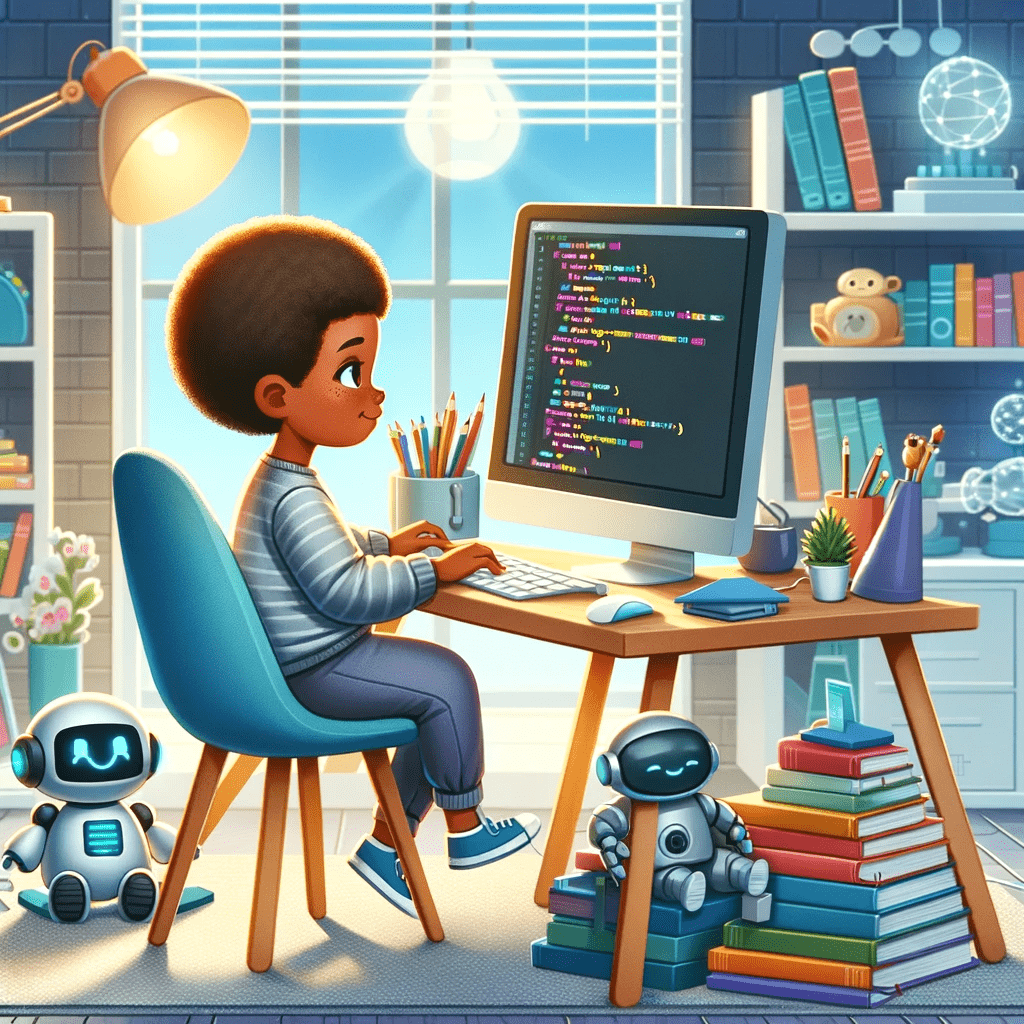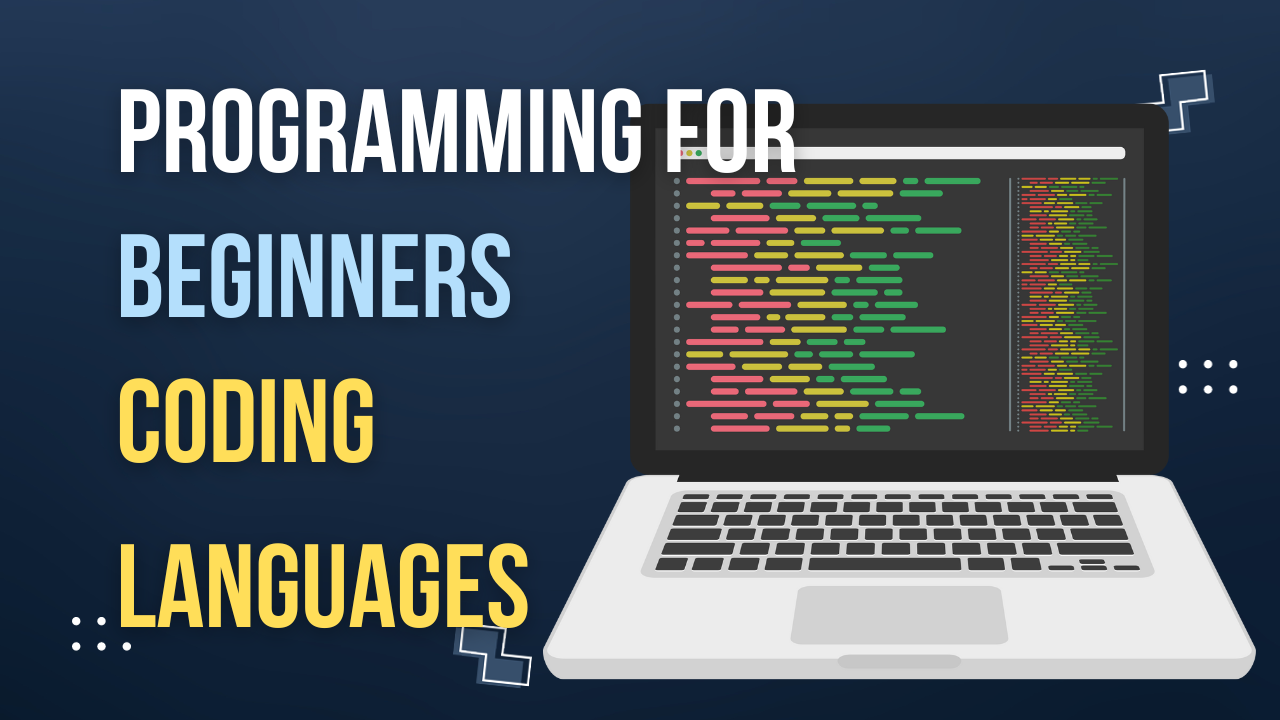Table of Contents

1. Programming for Beginners
1.1. The Importance of Programming Languages
Programming for beginners is an exciting introduction to the secret codes—programming languages—that let us communicate with computers. In the same way we use English or Korean to interact with each other, we employ these programming languages to instruct computers. They are the tools that enable us to direct computers to perform various tasks, such as browsing the internet, playing games, or displaying web pages.
1.2. Choosing the Right Language for Your Goals
Choosing the right programming language is like picking the right tool for a job. You wouldn’t use a hammer to screw in a lightbulb, right? Similarly, different programming languages are designed for different types of tasks. It’s important to pick the one that’s best suited for what you want to do.
2. The Basics of Web Development
2.1. HTML: The Skeleton of the Web
Think of HTML as the skeleton of a website. It gives structure to the web pages, just like how our bones support our body. Without HTML, web pages would be a jumble of text and images with no order.
2.2. CSS: Dressing Up the Web
CSS is like the clothing for websites. It takes the plain structure provided by HTML and makes it look good, allowing you to set colors, fonts, and layout. It’s what makes websites look appealing and not just a series of plain text.
2.3. JavaScript: Making the Web Interactive
JavaScript is like the muscles that allow a website to move and react to what you do. It makes websites interactive, allowing you to click buttons, open menus, and play videos—making the web experience dynamic and engaging.
3. Data Science and Python
3.1. Overview of Python
Python is like a Swiss Army knife for programming—it’s versatile and easy to use, making it a favorite for beginners and experts alike. It’s often used in data science to sort through data and find patterns or make predictions.
3.2. Python’s Role in Data Science
Python in data science is like a detective’s magnifying glass; it helps to closely examine data, understand it, and find clues (insights) that can solve problems or answer questions.
4. The World of Game Development
4.1. Unity and Game Creation
Unity is a tool that lets you create your own video game worlds. It’s like having a Lego set where you can build not just the appearance of a game but also how it works and what happens when players interact with it.
4.2. The Power of Unreal Engine
Unreal Engine is known for creating visually stunning games. It’s like the Hollywood of game engines, where you can create blockbuster-level graphics and effects.
4.3. Programming Languages in Game Development
In game development, programming languages are like the directors of a movie—they tell all the elements of the game what to do to create a seamless and exciting experience for the player.
5. The Role of Programming Language C++
5.1. Features of C++
C++ is a programming language that’s like the engine of a sports car—powerful and efficient. It’s often used when a program needs to be very fast and handle a lot of tasks at once, like in video games or complex applications.
5.2. When to Choose C++
You would choose C++ in situations where speed and performance are crucial. It’s like choosing a high-speed train over a bicycle when you need to get somewhere fast.
6. Starting Your Programming Journey
6.1. Which Language Should You Learn First?
Deciding which programming language to learn first depends on what you want to do. If you’re interested in making websites, start with HTML, CSS, and JavaScript. If data or automation excites you, Python might be the way to go.
6.2. Resources and Learning Materials
There are plenty of resources available to learn programming. From online tutorials to coding bootcamps, you can find a method that suits your learning style and pace. It’s like having a personal trainer for your brain.
7. Conclusion

7.1. The First Step in Your Programming Journey
Beginning to learn programming can be daunting, but remember, every expert was once a beginner. Just take the first step, and you’ll find that it gets easier as you go along.
7.2. The Importance of Continuous Learning and Practice
Just like learning a musical instrument, the key to becoming proficient in programming is practice and continuous learning. Keep challenging yourself with new projects, and you’ll grow your skills over time.



